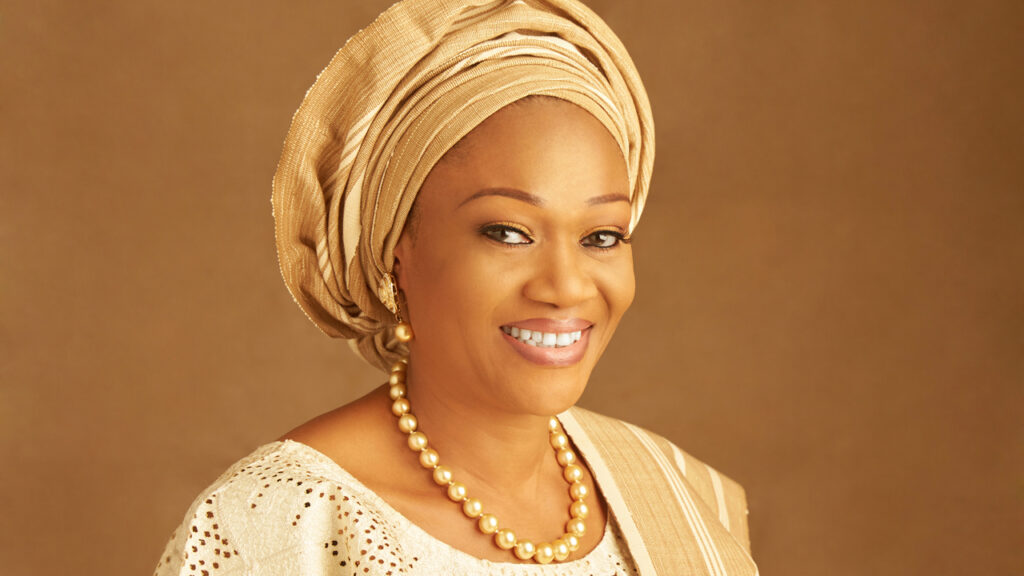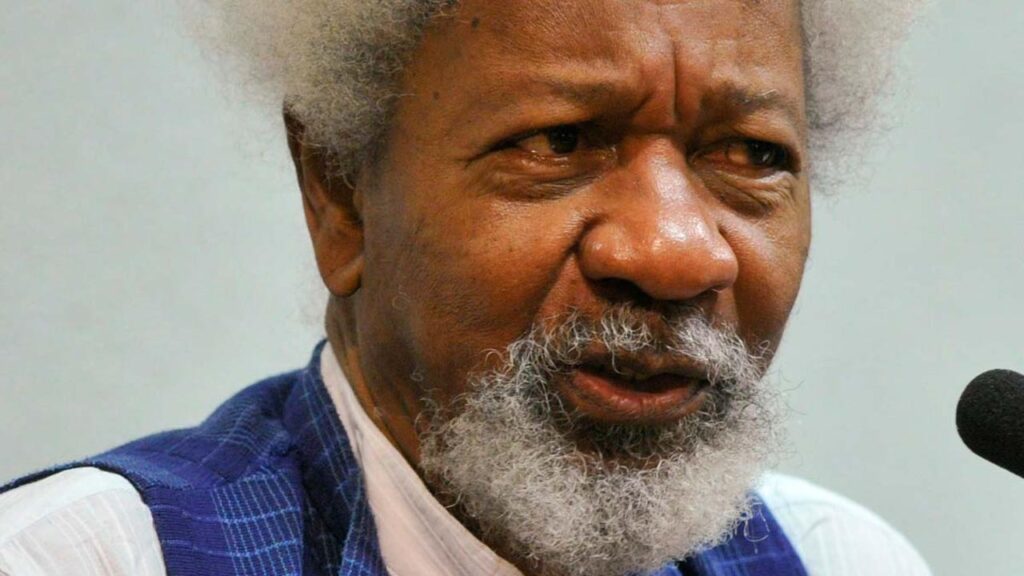 “Of those to whom much is given, much is expected. And when at some future date the high court of history sits in judgment of each of us … recording whether in our brief span of service we fulfilled our responsibilities to the state … our success or failure, in whatever office we may hold, will be measured by the answer to four questions: Were we truly men of courage? Were we truly men of judgment? Were we truly men of integrity? Were we truly men of dedication?” – J. F. Kennedy (1917–1963)
“Of those to whom much is given, much is expected. And when at some future date the high court of history sits in judgment of each of us … recording whether in our brief span of service we fulfilled our responsibilities to the state … our success or failure, in whatever office we may hold, will be measured by the answer to four questions: Were we truly men of courage? Were we truly men of judgment? Were we truly men of integrity? Were we truly men of dedication?” – J. F. Kennedy (1917–1963)
WITH the nomination, screening, confirmation, retreat, assignment of portfolios and swearing-in of the new ministers now over, an era of suspense, anxiety and high-wire politicking has come to an end. No matter the public perception of the calibre of men and women that President Muhammadu Buhari has chosen to form his cabinet, one thing many Nigerians are agreed on is the fact that a new journey of nationhood has begun. While it may be too early to pass a verdict on their varying levels of competence, judging from their CVs there are indications that our nation is on the verge of experiencing the injection of a breath of fresh air into its ailing political and economic system.
What we are witnessing is the emergence of a new regime of tried and tested men and women, impressively brilliant, highly cerebral, intellectually urbane, politically savvy and professionally astute, with the right exposure from the public and private sectors, who are bringing in a reservoir of rich experience and a solid knowledge base to the business of governance. This is not the sort of people anyone can rightly call “noisemakers.” However, it is only proper to remind them that they are coming on board at a time of great expectations from the Nigerian people.
The first burden of expectation is perception. This has to do with coming to terms with the way the President sees them. The prolonged delay in the ministerial appointments followed the President’s public statements that no corrupt official will be part of his government. Thus, by virtue of their choice, they have been presented to the nation as incorruptible men and women. This perception of cleanliness is what has given them the opportunity to sit at table and dine with a clean President. During his opening remarks at the presidential retreat for ministers-designate on November 5, 2015, President Buhari sounded this into their ears: “We must count ourselves privileged to have been chosen among millions of our compatriots at this historic time to be the instruments that will deliver the change we have promised.” How they will deal with this perception of privilege and incorruptibility is anyone’s guess. But they must know that Nigerians will follow their every move, scrutinize their public and private lives (where possible), and measure their actions and inactions with the barometer of incorruptibility.
The second burden is work ethics. The new ministers will have to figure out how to maintain a good working relationship with senior civil servants, especially permanent secretaries and directors in their respective ministries. In an interview with France 24 TV during his state visit to France in September this year, a brutally frank Buhari spoke of ministers as noisemakers and acknowledged that civil servants and technocrats do most of the work in the day-to-day running of government. Since it is the president’s conviction that civil servants are those who really matter in government, and that ministers are mere ceremonial heads, the ministers should not be surprised if they meet civil servants with an over-bloated sense of self-worth. Always remember that they enjoy presidential recognition as the engine of Nigeria’s bureaucracy.
The third burden of expectation is change. Since Independence, Nigeria has suffered so much in the hands of inept and greedy politicians. Our country is what it is today – “a paradise for maggots” (thanks to Wale Adebanwi in his book by the same time) – largely because of the nepotism, mediocrity, and corrupt lifestyle of the ruling elite. President Buhari has given the impression that he has come to clean the “Augean stable” and to restore integrity and nobility to politics. We would be right to believe that his ministers share his presidential vision of change, and are determined to make their mark and leave a lasting legacy of service and sacrifice, performance and achievement in public life.
The fourth burden of expectation is accountability. Chapter 2, Section 14(2) of the 1999 Constitution as amended says: “Sovereignty belongs to the people of Nigeria from whom government through this Constitution derives all its powers and authority.” Take note of the words: “Sovereignty belongs to the people of Nigeria.” The text of the American Declaration of Independence puts it in a more fascinating way: “Governments are instituted among men, deriving their just powers from the consent of the governed.” In other words, while the ministers are answerable to their principal who has appointed them, they should never forget that they are there to advance the interests of the Nigerian people and are thus accountable to the people.
The fifth burden of expectation is audacity. Many people see ministers as rubber stamps who simply assent to whatever is put on their table. Baroness Margaret Thatcher, British Prime Minister from 1979 to 1990 once said: “I don’t mind how much my ministers talk, so long as they do what I say.” Jeroen Dijsselbloem, Dutch Minister of Finance since 2012 has argued that Ministers are simply there to apply the political stamp of approval to decisions. This idea makes ministers into passive figures that have no say and only do what they are told to do. If that were really the case then we could do well with robots. But ministers are not robots. For this reason, the new Ministers must know that they need to approach their jobs with courage, tenacity and foresight. This will require the boldness to go against the conventional order of things. They should also be courageous enough to exercise checks on one another. No room for sycophancy!
The sixth and final burden of expectation is reform. This is about resetting and rebooting the engine of our economy. Shortly before his departure for the third summit of the India-Africa Forum in New Delhi, in October, President Buhari noted in an interview granted to NTA and Channels TV that the Nigerian economy is in tatters. He was only reiterating what is already clearly known to the average Nigerian on the streets. The evidence of an ailing and bankrupt economy abounds everywhere: millions of jobless people, unpaid salaries of workers, private sector workforce cut-down, rising debt profile, abandoned capital projects, dwindling national revenues, rising poverty, hunger, illiteracy, etc. All these are the symptoms of a dysfunctional economy. Reviving the economy goes beyond the brief of a solid economic management team. It must be the collective duty of all ministers irrespective of their individual portfolios. This will require great fiscal prudence and change of attitude in the management of our scarce national resource – a financial reform along ethical lines that would produce in its turn an economic reform to benefit everyone. As they mount the saddle, the new ministers will need wisdom, sobriety and discretion to navigate the complexities of governance in today’s Nigeria – virtues that are in short supply in our present political climate. In the end, Nigerians will not be bothered if they make so much noise and do their work well beyond reproach.
• Ojeifo is a Catholic priest of the Archdiocese of Abuja (emmaojeifo@yahoo.com) / 07066363913.











